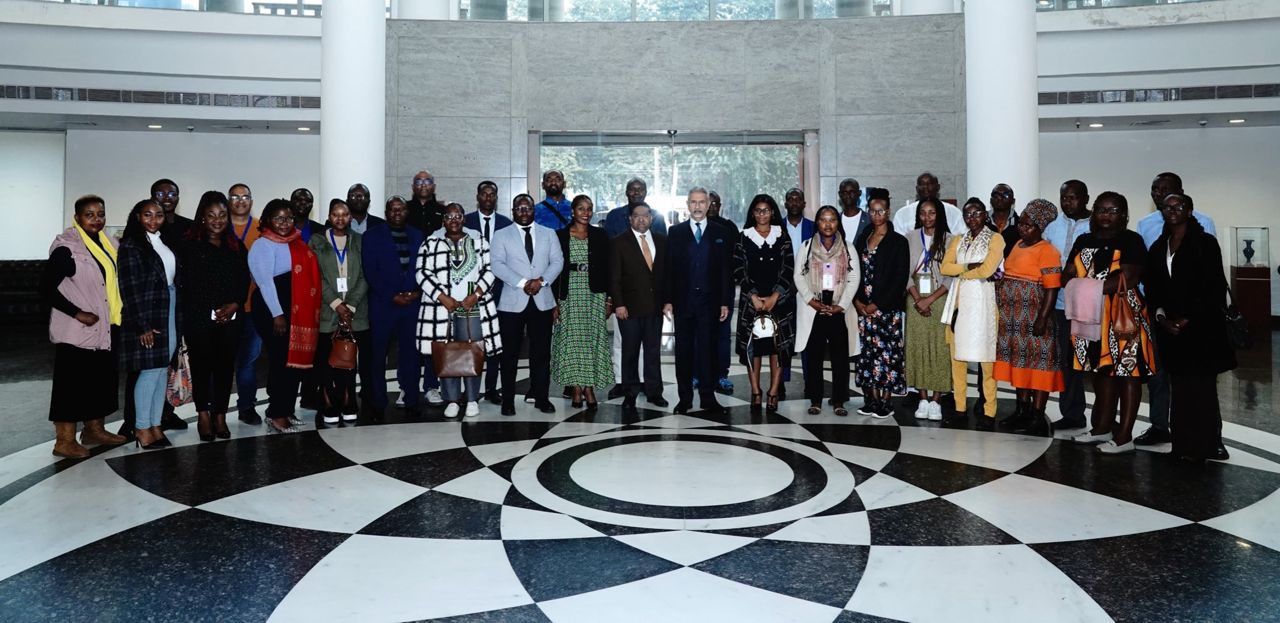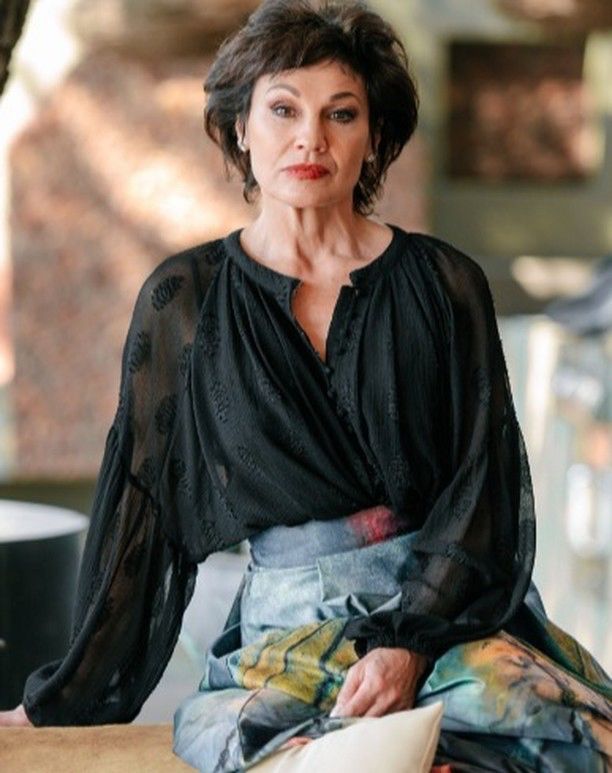In the tapestry of nationhood, few pursuits are as complex and consequential as state building, especially within a diverse society.
Namibia, a nation rich in ethnic, cultural, and linguistic variety, stands as a prime example of this ongoing endeavour, prompting the question: Are we there yet?
Namibia’s diversity is its hallmark. With over a dozen ethnic groups, each with unique traditions, languages like Rukwangali, Oshiwambo, Silozi, Nama and Herero, with a blend of urban and rural lifestyles, the country’s social fabric is a mosaic.
After independence, the architects of Namibian state building envisioned a nation where this diversity would be an asset, not a liability.
Tremendous strides have been made. A democratic constitution that enshrines equality, freedom of expression and cultural rights was a foundation. It laid the groundwork for all Namibians, regardless of their background, to have a stake in the nation’s progress.
However, the journey is far from over. Socio-economic disparities often split along ethnic lines, with some communities lagging in access to quality education, healthcare and employment opportunities.
In rural areas, where many ethnic minorities reside, infrastructure development is sluggish, impeding growth and fuelling a sense of marginalisation. This not only hampers individual prospects, but also weakens the social cohesion essential for a strong state.
Cultural integration, too, remains a work in progress. While the official recognition of multiple languages and cultures is a step forward, there is a need for deeper cross-cultural understanding in daily interactions.
Schools and workplaces could do more to foster an environment in which different ethnic heritages are celebrated and understood, rather than just tolerated.
Moreover, political representation must mirror the nation’s diversity. Although there has been progress in ensuring a mix of ethnic voices in governance, power imbalances still exist, sometimes silencing the concerns of smaller ethnic groups.
All and above, Namibia has achieved remarkable feats in state building within its diverse landscape, but we are not ‘there’ yet.
It demands continued commitment from all sectors from government, civil society and private enterprise. Investment in rural development, enhanced cultural education programmes and equitable political participation are crucial next steps.
Only by addressing these lingering gaps can Namibia fully realise its potential as a unified, prosperous state where every citizen, irrespective of their ethnic identity, thrives and feels an unshakable sense of belonging.
Peya Junior Mushelenga
Stay informed with The Namibian – your source for credible journalism. Get in-depth reporting and opinions for
only N$85 a month. Invest in journalism, invest in democracy –
Subscribe Now!







